Yale’s one-year IDE Master’s Program exposes students to a quantitative approach to economics, and prepares them to make an impact in global development.
Study Economics at Yale. Make an Impact Around the World.
Embark on an intensive one-year master’s journey designed to equip you with the tools to navigate the complexities of today’s global development landscape. The International and Development Economics (IDE) program at Yale University offers rigorous training in quantitative analysis, preparing you to tackle real-world economic challenges head-on. The foundation of the IDE curriculum is a series of five core classes in which students develop essential competencies in microeconomics, macroeconomics, econometrics, and development economics.
Beginning with the 2022-23 application cycle, EGC has sponsored scholarships to eligible, promising applicants through its Sub-Saharan African Student Scholarship program.
Why Choose IDE at Yale?
- Intensive One-Year Curriculum: Accelerate your career with our focused and demanding program.
- Expert Quantitative Training: Master cutting-edge empirical and econometric methods under the guidance of renowned Yale faculty.
- Research Opportunities: Apply your data skills through IDE Research Assistantships with renowned Yale researchers in international development.
- Personalized Learning Environment: Thrive in small cohorts (average 30–35 students) that ensure individual attention and mentorship.
- Joint Degree Option: Over the span of 2.5 years, combine the IDE program with a degree from Yale School of Public Health or Yale School of the Environment for a focused and valuable experience.
- Global Perspective: Join a diverse community with students from 14 countries.
- STEM Designation Benefits: International students can enjoy a 1+2 year Optional Practical Training (OPT) extension due to our STEM-certified degree.
- Interdisciplinary Electives: Customize your studies with access to courses across Yale’s schools, including the School of Management, Jackson School of Global Affairs, School of the Environment, and Yale Law School.
- Economic Growth Center (EGC) Events and Networking: Engage with Yale's hub for economic growth and poverty studies. We bring leading policymakers and economists to you. Participate in conferences and events hosted by the Economic Growth Center (EGC), including our annual Kuznets Lecture, and other events such as Firms, Trade, and Development Conference and Climate, Environment, and Economic Growth Conference.
- Vibrant Graduate Community: Be part of Yale's dynamic network of over 5,000 graduate students across 13 professional schools and more than 70 fields of study.
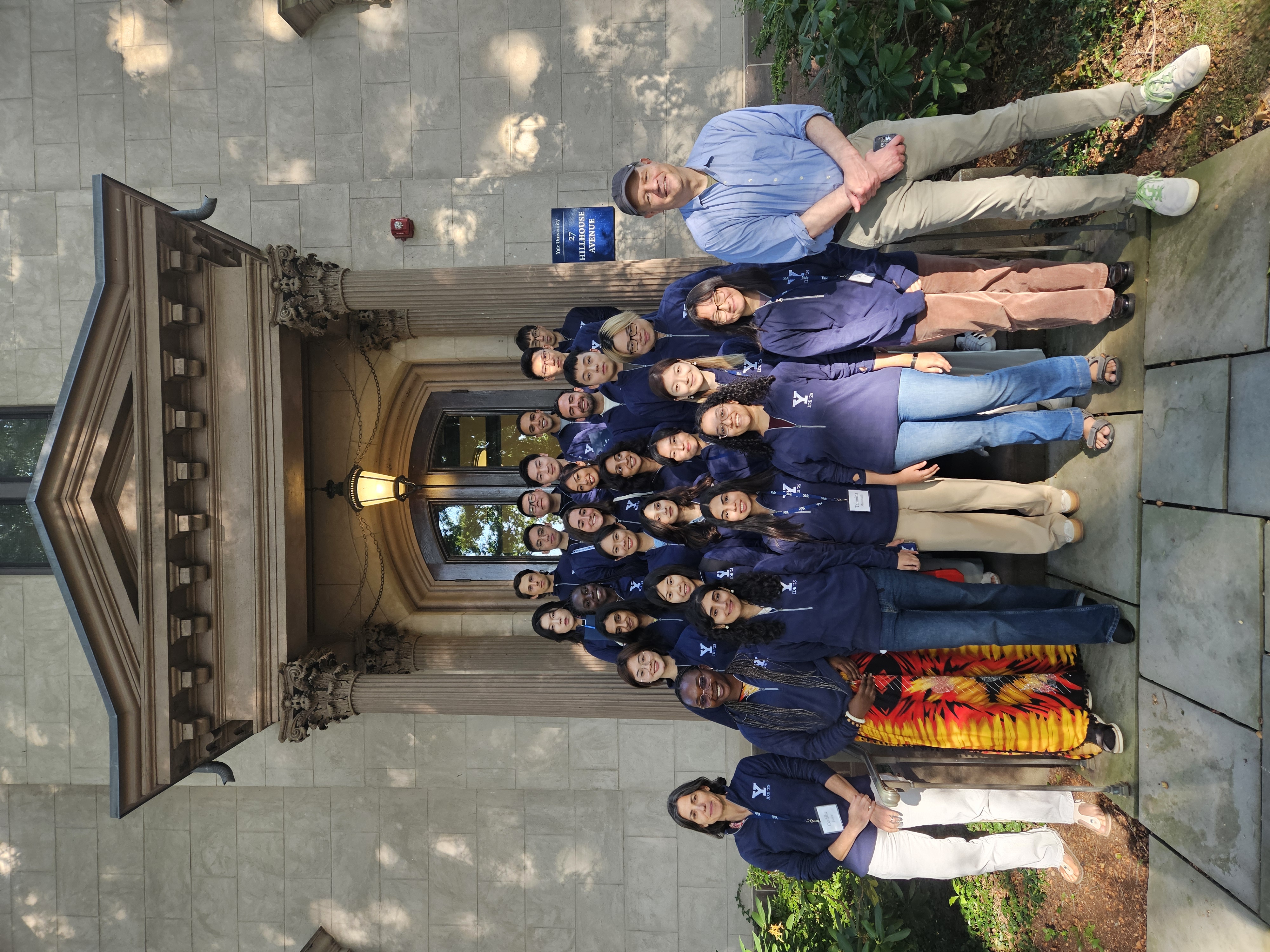 Credit: Anna Groesser
Credit: Anna Groesser
IDE '25
We periodically host live webinars featuring faculty directors and alumni. We’d love to meet you and share more information about the program.

Explore the Possibilities
Join the ranks of our alumni who, over the past 65 years, have made impactful contributions across all global development sectors.
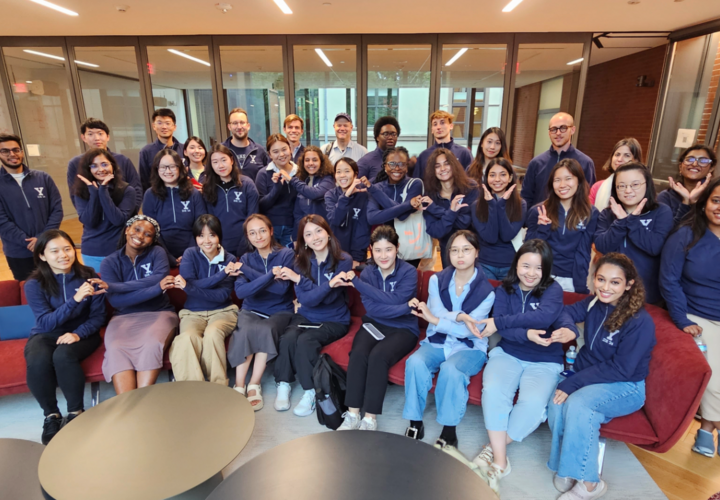
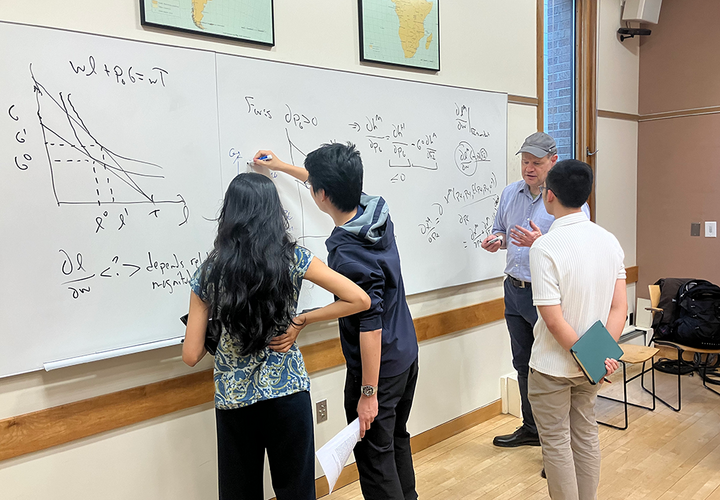
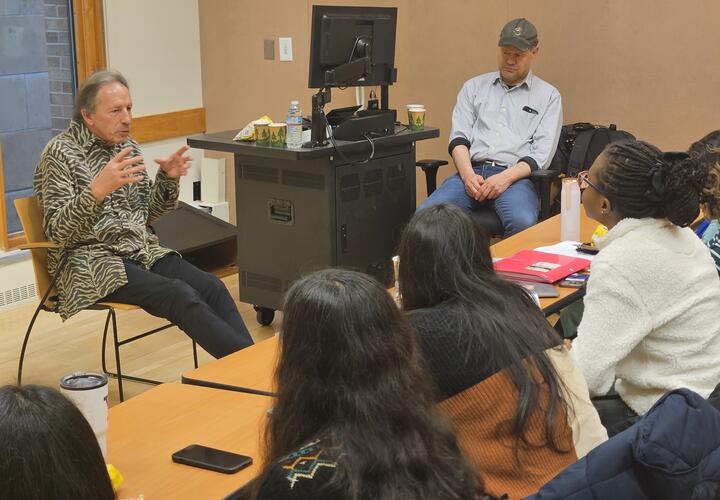
The IDE program was an amazing experience. Academically, the program structure with its mix of core and electives provided me with a rigorous foundation for doctoral work as well as the flexibility to explore other related fields. My classmates were a diverse and inspiring group, and the professors encouraged us to challenge ourselves and get the most out of this program. I started a PhD in large part because of the incredible mentorship I received during the program, and I’m still grateful I was able to attend the IDE program when I look back."

IDE by the numbers
*Based on survey responses from 29 out of 33 IDE '24 graduates.
is the home at Yale for economic research on global development and poverty reduction. EGC researchers are applying rigorous methods to understand not only the links between economic growth and poverty, but also how rising inequality and a changing climate affect individual wellbeing, especially among marginalized groups in developing countries.

About New Haven
"Connecticut’s third-largest city is a historic, mostly walkable and bikeable seaside town with distinctive neighborhoods, an encyclopedic collection of great American architecture, a thriving cultural life and one of the best food scenes in the country for a city of its size (134,000)." Read more about New Haven in the New York Times' 52 Places to Go.
Yale graduate students have many options for affordable, comfortable, and convenient places to live in greater New Haven while at Yale. You can live on-campus, in Yale-owned off-campus apartments, or in off-campus apartment buildings and homes in several neighborhoods. While most graduate students live on or near campus in New Haven, some live in surrounding towns and commute to campus. Read more about life in New Haven.
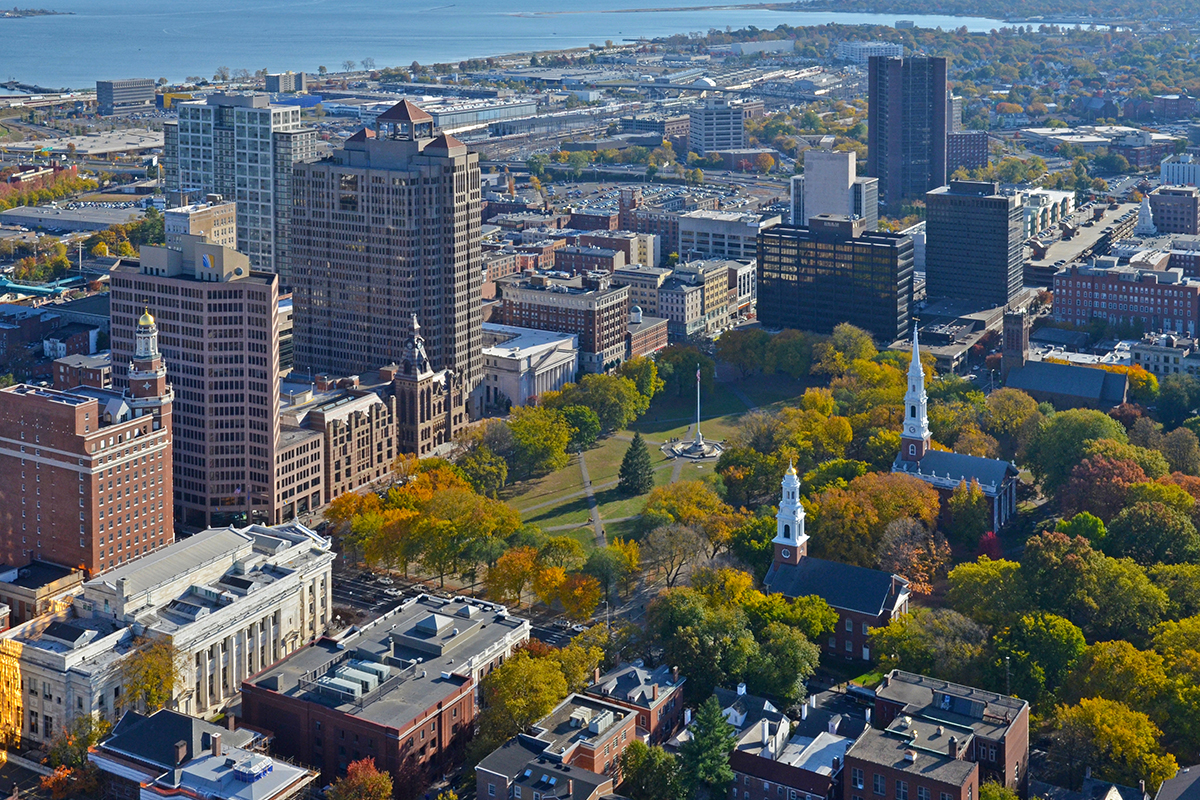
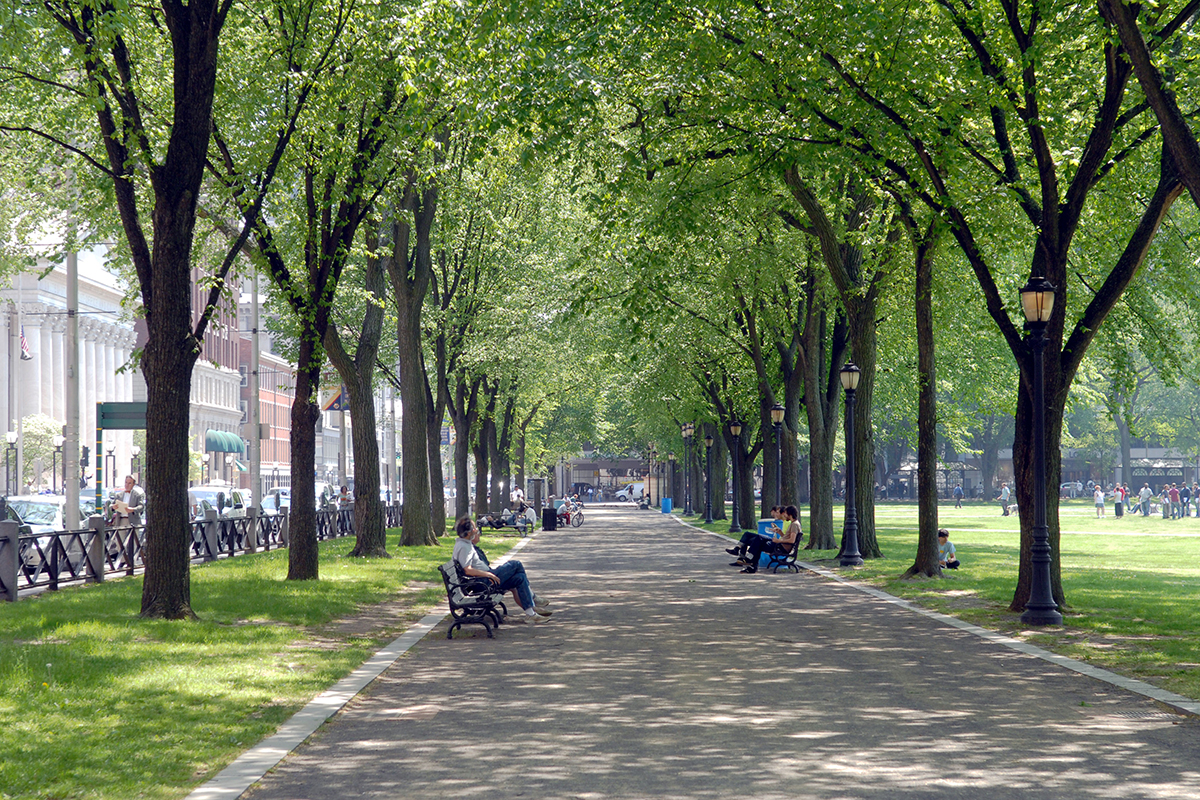

Discover how the IDE program can shape your future. Visit the Yale Graduate School of Arts and Sciences (GSAS) for detailed information on the application process, campus life, and the myriad resources available to you in New Haven.
Subscribe to International and Development Economics
If you would like to sign up for an upcoming IDE webinar or information session, please fill out the form below.
